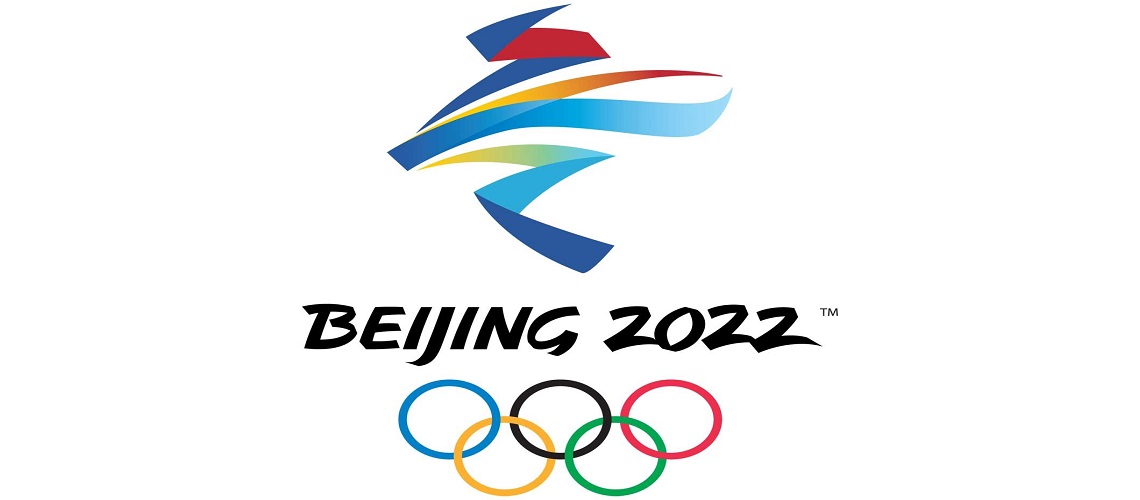Beijing 2022 Legacy Already Visible

The IOC Executive Board met last week in Toyko following the Association of National Olympic Committees General Assembly and heard a report on the preparations for the Olympic Winter Games Beijing 2022. IOC Coordination Commission Chair Juan Antonio Samaranch reported that work is on schedule. In particular, rapid progress has been made on the opening ceremony, the mascot selection process, test events and licensing.
Samaranch underlined the work being undertaken with the Beijing organisers around Olympic Agenda 2020’s New Norm and explained that Beijing 2022 will create the “most intelligent Games” to date. This is in no small part thanks to Beijing 2022’s vision of giving 300 million people in China access to winter sports. The development of new winter sports facilities in the Yanqing and Zhangjiakou clusters is part of the long-term vision, and these same facilities will be used for the Games.
This long-term view is supported by other private investments, which are helping for example to facilitate Hebei province’s move to diversify its economy through tourism. Yanqing will host the Expo Beijing 2019, which is expected to see 16 million people visit the region over a six-month period, and also provide an opportunity to test transport and demonstrate the importance of sustainable projects.
The legacy is already in action, with the offices of the Beijing 2022 Organising Committee constructed from the remnants of a disused steel plant, and a Chinese national training centre for ice sports is also operational in the grounds, supporting a number of winter sports athletes aiming for 2022. This comes in addition to major programmes designed to give people the opportunity to discover and try out winter sports, which will see participation grow significantly over the coming years.
The IOC Executive Board also approved the qualification system principles for the Olympic Winter Games Beijing 2022, with no major changes made. The International Federations’ detailed qualification systems will be submitted to the IOC Executive Board for approval in July 2019.














